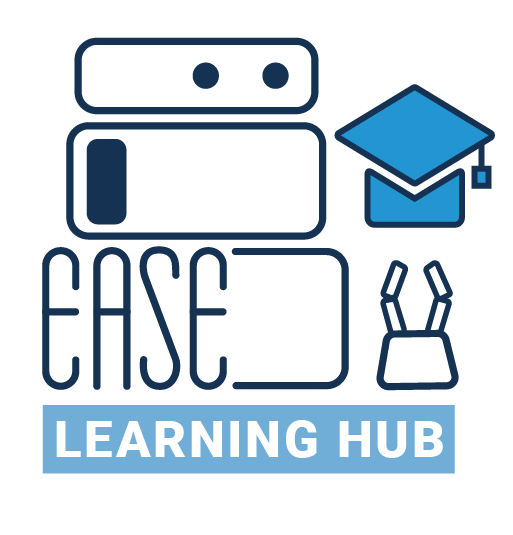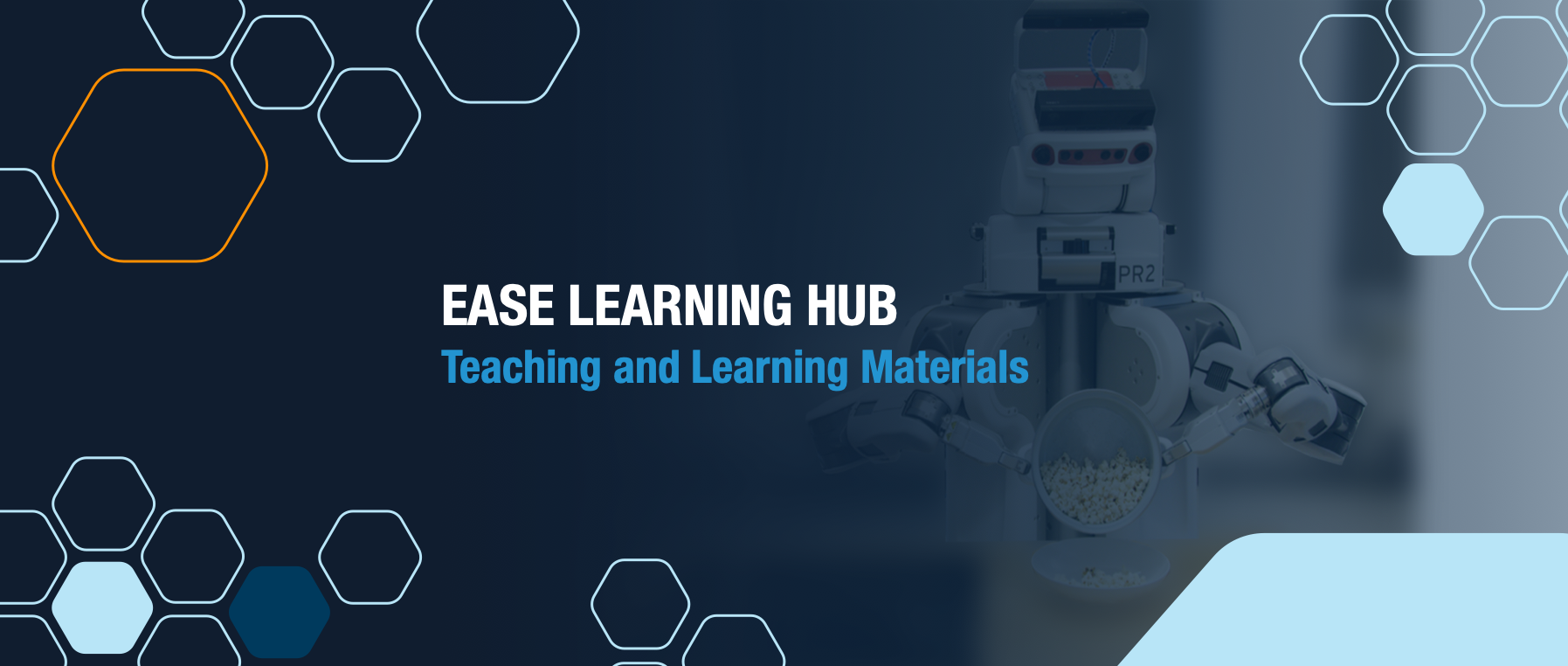Part 16: The Ubica Robotics team presents a new way to take inventory of goods and other practical retail applications, with the help of revolutionary robots.
Part 15: Benjamin Alt explains in his presentation everything worth knowing about industrialization with robots. Thereby not only already existing application areas are mentioned, where robots are currently used in factories, but also work flow optimizations are mentioned, which are important to be able to build well adapted robots.
Part 14: Self-learning algorithms are taking on an increasingly important role in people's lives. In his exciting talk, Carlos Hernandez Corbato presents how robots can continue to develop independently.
Part 13: Britta Wrede explains in her exciting presentation the differences how a robot learns compared to a human. She also breaks through certain prejudices in this topic with very interesting examples.
Part 12: In this presentation Katharina Rohlfing introduces the concept of Pragmatic Frames capturing the collaborative and multimodal nature of language use. For this purpose, she shows various challenges that are derived from the different application examples.

